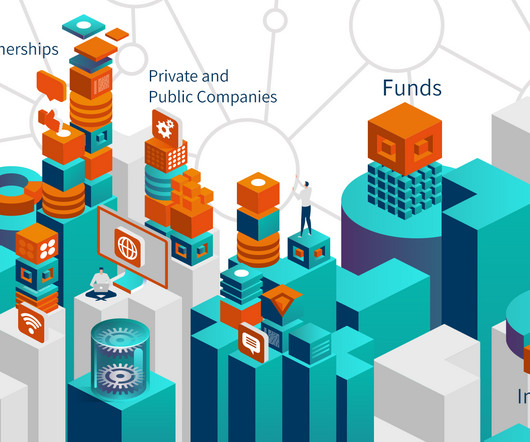Data-driven competitive advantage in the financial services industry
Cloudera
AUGUST 21, 2021
The same study also stated that having stronger online data security, being able to conduct more banking transactions online and having more real-time problem resolution were the top priorities of consumers. . Financial institutions need a data management platform that can keep pace with their digital transformation efforts.














Let's personalize your content